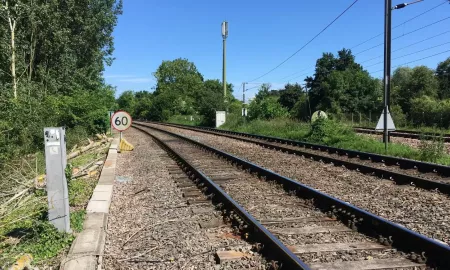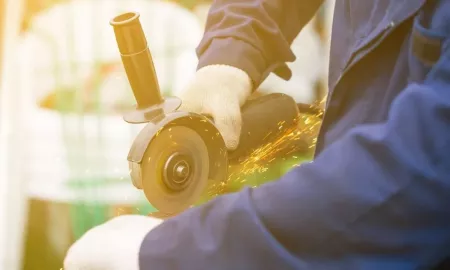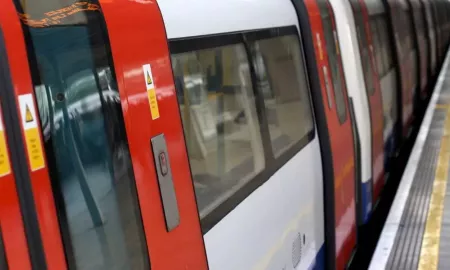Our annual event, the Railway Environmental Forum, is around the corner once again with only one week to go until our experts present on a range of environmental, safety and compliance topics at Glasgow. Just a week later, our second event will be held in London.
With the focus of Monitoring Environmental Inputs and Outputs at rail depots and work sites, Nicola Atkinson, SOCOTEC’s rail account manager, explains what’s involved in the day and what will be learnt when attending.

Our annual event, the Railway Environmental Forum, is around the corner once again with only one week to go until our experts present on a range of environmental, safety and compliance topics at Glasgow. Just a week later, our second event will be held in London.
With the focus of Monitoring Environmental Inputs and Outputs at rail depots and work sites, Nicola Atkinson, SOCOTEC’s rail account manager, explains what’s involved in the day and what will be learnt when attending.
It’s an exciting time for us when the next Forum rolls around, as SOCOTEC – formerly ESG - get to organise a leading industry event that helps to educate our clients and share best practice, processes and procedures.
This year, we’ve chosen the topic of Monitoring Environmental Inputs and Outputs, which will see a four-way split across the day to include:
- Carriage tanking - ensuring compliance and reducing risk
- Depot inputs and interceptors - how site processes influence effluent
- Consent to discharge – the legalities and its management
- Environmental hazards resulting from depot operations
Train tanking
Carriage tanking and associated water storage systems are areas that require attention from railway operators. Whether tanking for potable or non-potable use, train operators need to ensure compliance with ATOC guidance and maintain water quality.
The Forum will talk in more detail about guidance, why careful monitoring is needed and ways to minimise contamination and ensure water quality.
Effluent
Producing effluent is an unavoidable issue for the rail industry and failure to manage effluent appropriately is a breach of legislation.
Those in England and Wales must meet the regulations given in the Water Resources Act (1991), the Water Industries Act (1991) and the Environment Act (1995), whereas those in Scotland must adhere to Section 26 of the Sewerage (Scotland) Act 1968 to control effluent which discharges to a public sewer, as well as the Water Industry (Scotland) Act 2002 and Water Resources (Scotland) Act 2013.
This is why it is so important to carefully monitor and manage inputs and outputs, to achieve compliance with consent to discharge levels.
Effluent is considered any liquid waste arising from domestic or industrial purposes which is being discharged from a particular source into the environment. It can be split into three categories – domestic, trade and surface.
The Forum will talk delegates through the different categories, how processes used on depots can have an impact on effluent quality and what sites should do to ensure best practice. We will also review the different types of interceptors and which would be best suited for activities in the rail environment.
Consent to discharge
With recent changes entailing the opening up of the waste water industry, the forum will update delegates on the new process for consent to discharge applications and their importance
Having the right training in place for staff at maintenance depots and installing technology on site to treat effluent prior to discharge can help organisations minimise the risk of water contamination.
Environmental monitoring, for example, supported by laboratory testing of collected samples is one way to ensure that you are on the right tracks! By comparing analytical results with the limits laid out by the authority body, you can ensure the effluent discharge complies with the consent conditions.
Environmental hazards due to depot operations
Activities carried out at railway maintenance depots can pose a risk to the environment. This could include land, groundwater or surface waters such as rivers and streams.
While activities such as refuelling, servicing and cleaning do pose the possibility of causing environmental damage, using industry best practice and following EA guidance can limit the risk of causing harm.
A programme of environmental auditing combined with a Phase One Environmental Survey can highlight areas of concern on depot sites and indicate activities which are posing a higher level of risk. The presence of source-pathway-receptor relationships are required for an environmental hazard to occur, and need to be identified and eliminated where possible.
The Forum
As well as all of this knowledge, delegates at the forum will have the opportunity to go on either a tour of the whisky distillery or a tour of Tower Bridge.
Watch this space for the next Forum update.

You might also like





Add new comment